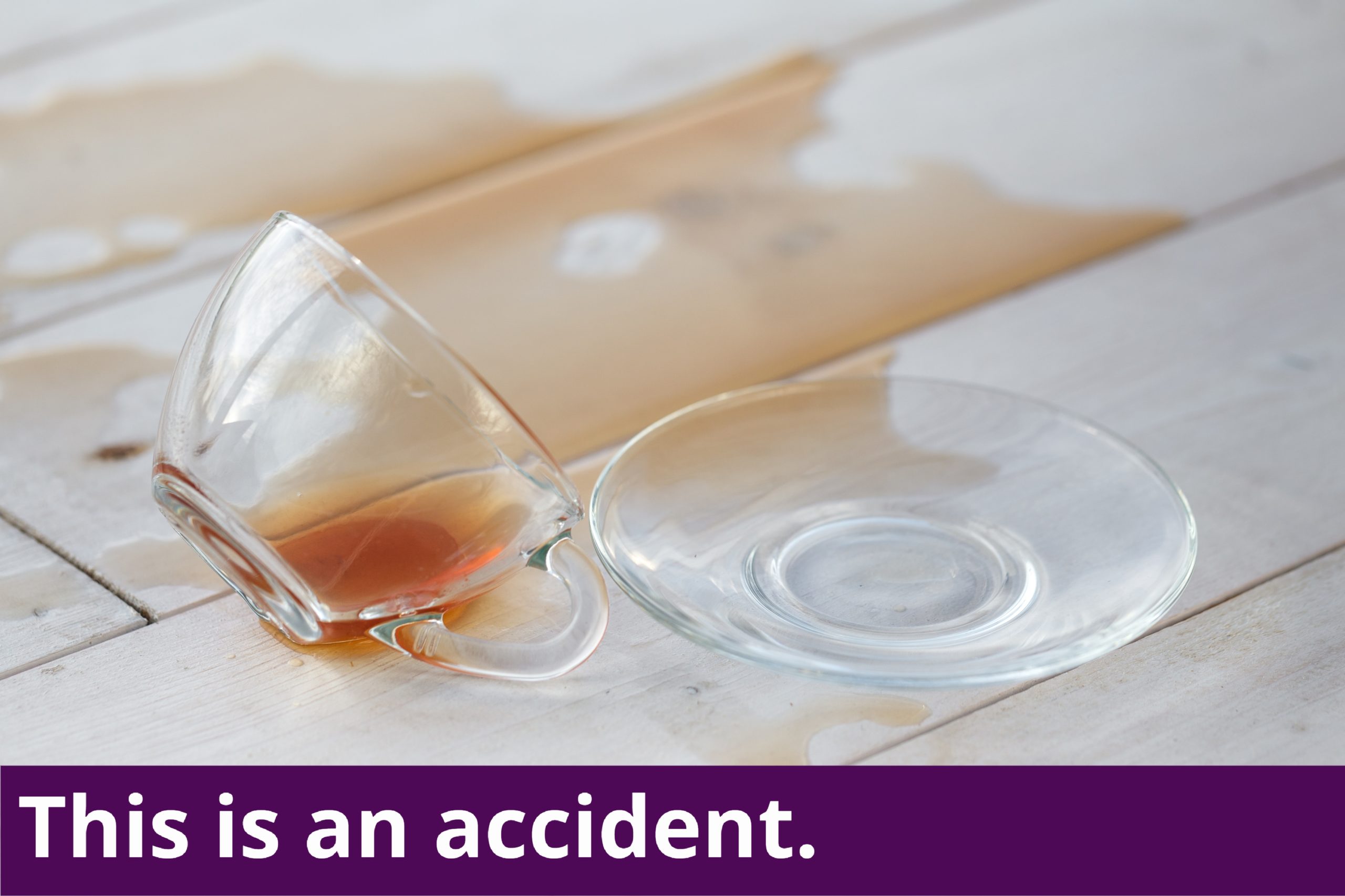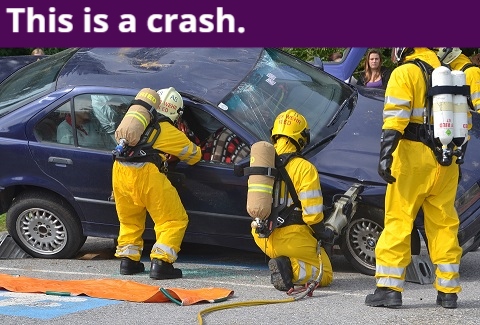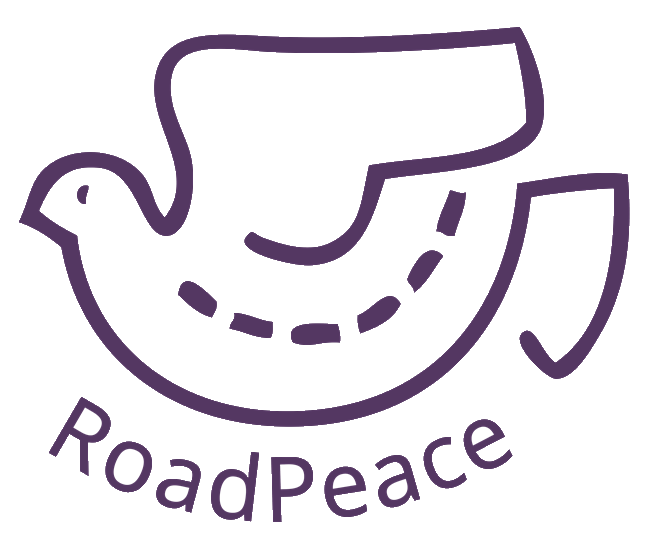

It’s a crash, not an accident. End the language of denial.
I can’t help but get upset when people call a crash an accident. I lost my leg in a crash with a lorry. It was preventable – and even though the driver didn’t intend for the crash to happen, it was still his fault
– Victoria, crash victim
Jo Shiner, the National Police Chiefs Council Lead for Roads Policing, called for an end to the use of the word ‘accident’ when describing collisions during the RoadPeace Challenge last year.
Why is language important?
The term ‘road accident’ exemplifies society’s tolerance of road danger. Too many still do not hold drivers accountable for their actions, implying instead it was a matter of chance. By using the word ‘accident’ – society is saying that there is nothing that can be done about these deaths and injuries, and they are an acceptable pay off for having motor vehicles. Planes and trains do not have ‘accidents’ – they crash. Changing language is vital to change attitudes. Sign the petition here.
#crashnotaccident
We are calling on the media and authorities to stop using the word ‘accident’. RoadPeace will be calling out all organisations who use the wrong language, using #crashnotaccident. We have created a campaign pack for anyone who wants to help stop the use of the word accident.
Road Collision Reporting Guidelines
Laura Laker, a journalist with many years experience reporting on road safety and active travel, put together a set of guidelines outlining best practice for journalists to follow when reporting on road crashes, in collabortion with the Active Travel Association. These Guidelines were produced in consultation with road safety, legal, media and policing organisations and individuals, including RoadPeace, and draw on academic research on how language can affect attitudes. You can read more about the campaign, and access the first edition of the guidelines here.
Laura is now working on an updated set of guidelines, looking to include key stakeholders outside of the media, such as emergency services and transport authorities. You can read our blog post on the updated guidelines here
